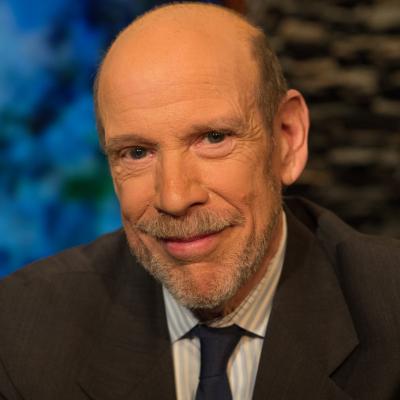
MA University of Wisconsin BA Earlham College




Books:
Lead Wars: The Politics of Science and the Fate of America’s Children (with David Rosner) (Berkeley: University of California Press/ Milbank Memorial Fund, 2013)
The Contested Boundaries of Public Health, (co-edited with James Colgrove and David Rosner), Rutgers University Press, 2008.
Are We Ready? Public Health Since 9/11 (with David Rosner) (Berkeley: University of California Press/ Milbank Memorial Fund, 2006).
Deadly Dust: Silicosis and the On-Going Struggle to Protect Workers' Health (New and Expanded edition) (with David Rosner) (Ann Arbor: University of Michigan Press, 2006).
Deceit and Denial: The Deadly Politics of Industrial Pollution, (with David Rosner), Berkeley: University of California Press/Milbank Memorial Fund, 2002; paper, 2003; new expanded edition, 2012)
Children, Race, and Power: Kenneth and Mamie Clarks' Northside Center, (with David Rosner), (Charlottesville: University Press of Virginia, 1996; Paperback: New York: Routledge, 2000)
World Civilizations, Sources, Images, and Interpretations, volumes 1 and 2 (ed. Western Hemisphere selections) (NY: McGraw Hill, Inc, 1994, 4th edition, 2005).
Deadly Dust: Silicosis and the Politics of Industrial Disease in Twentieth Century America, (with D. Rosner), (Princeton: Princeton University Press, 1991; paperback ed. Fall 1994). (Noted as an Outstanding Academic Book of 1991 by Choice).
Slaves of the Depression : Workers Letters About Life on the Job (Ithaca: Cornell University Press, 1987,) (ed. with D. Rosner)
Dying for Work: Workers' Safety and Health in Twentieth Century America (ed. with D. Rosner) (Bloomington: Indiana University Press, 1987; paperback ed. 1989). (Noted as an Outstanding Academic Books of 1987 by Choice).
Democratic Vistas: Post Offices and Public Art in the New Deal, (Philadelphia: Temple University Press, 1984) (with M. Park).
New Deal for Art (Hamilton, N.Y.: Gallery Association of New York State, 1977) (with M. Park).
The Anti-Imperialists, 1898-1902 (New York: Garland Publishing, Inc., 1976).